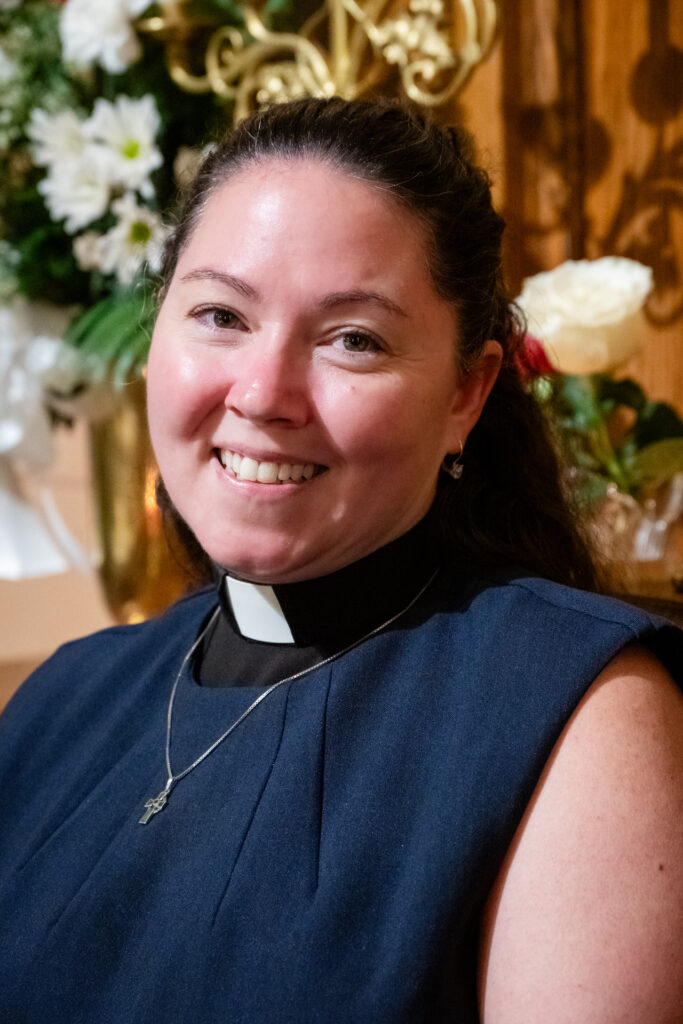Six Years to Unanimous

Six years. That was the length of time St. John’s Lutheran Church of Nanticoke, PA, went without a called pastor. For six years, this incredibly close-knit group of strong lay leaders worked hard to keep their church family together and to remain an active congregation.
Why so long? While it would be nice if there were only one reason, such as only having one pastoral candidate offered to them over those six years, sadly, that was not the case. As time passed, several factors ultimately led to their decision to consider alternative Lutheran church bodies with which to affiliate.
The most consistent factor was a lack of support from the Synod. Initially, the congregation had two or three pulpit supply options, but it later dropped to just one: a pastor who was dying of lung cancer. Ironically, this pastor was once their called pastor, whom they put under a one-year review and eventually dismissed because her sermons were highly volatile, divisive, and not centered around the Gospel of Jesus Christ.
Over time, conditions worsened as the Synod could no longer provide or guarantee bi-weekly or even monthly pulpit supply, leaving St. John’s to fend for itself. St. John’s had no choice but to seek support from other Lutheran groups that could assist fellow Christians in need on an occasional basis. Rotating between lay leaders and occasional visiting supply pastors, church leadership started to question the future of the ELCA and whether they wanted to stay in it.
What about their interim? Their decision to consider other Lutheran bodies had nothing to do with her. They felt sorry for her because she had her own congregation and was also serving as an interim at St. John’s and a few other parishes simultaneously. She did what she could to support them.
In 2018, the congregation was surprised to learn that an eight-year-old, who had transitioned from his biological sex to the opposite with parental permission, was a featured speaker at the national youth gathering.
That same year, Presiding Bishop Elizabeth Eaton was interviewed by the Chicago Sun-Times, where she expressed her opinion as a representative of the most prominent American Lutheran Church body, suggesting that she believed there may be a hell, and in her view, it would be empty. Her publicly expressed opinion, as a representative of the ELCA, constitutes a denial of her ordination vows, which state that the ordinand is to affirm what the Church confesses, accepts, and teaches concerning the Apostles’, Nicene, and Athanasian Creeds. The ordinand is then asked, “Will you therefore preach and teach in accordance with the Holy Scriptures and these creeds and confessions?” How can an ordained Lutheran Pastor confess the Creeds and then say something that could cause others to doubt the existence of hell, contradicting the authority of Scripture? When someone no longer believes Scripture to be the norming norm, it is easy to understand such an answer.
While I could continue, events like these prompted St. John’s church council to reach out and start discussions to find which denominations might be a good fit. As they learned more about the denomination they once proudly belonged to, the council shared their findings with the congregation. During the last three years of their pastoral vacancy, the congregation—which considers itself a church family—held many conversations and came together as one.
Feeling fed up, they took the necessary steps to initiate the vote process for disaffiliation. On November 19, 2023, they held their first vote. Afterwards, a representative from their Synod conducted a building inspection and asked whether the congregation had ever received a loan or grant to meet its church needs, which it had not. Following the constitutional rules, they held their second vote on February 18, 2024. Both votes were unanimous, and that is how St. John’s Lutheran Church of Nanticoke, PA, became the 500th congregation to join the North American Lutheran Church. By August of that year, they had completed their paperwork and gone through the call process. I was ordained and installed as their pastor on October 24, 2024. They prayed and worked to keep their church family together and are all the stronger for it.

